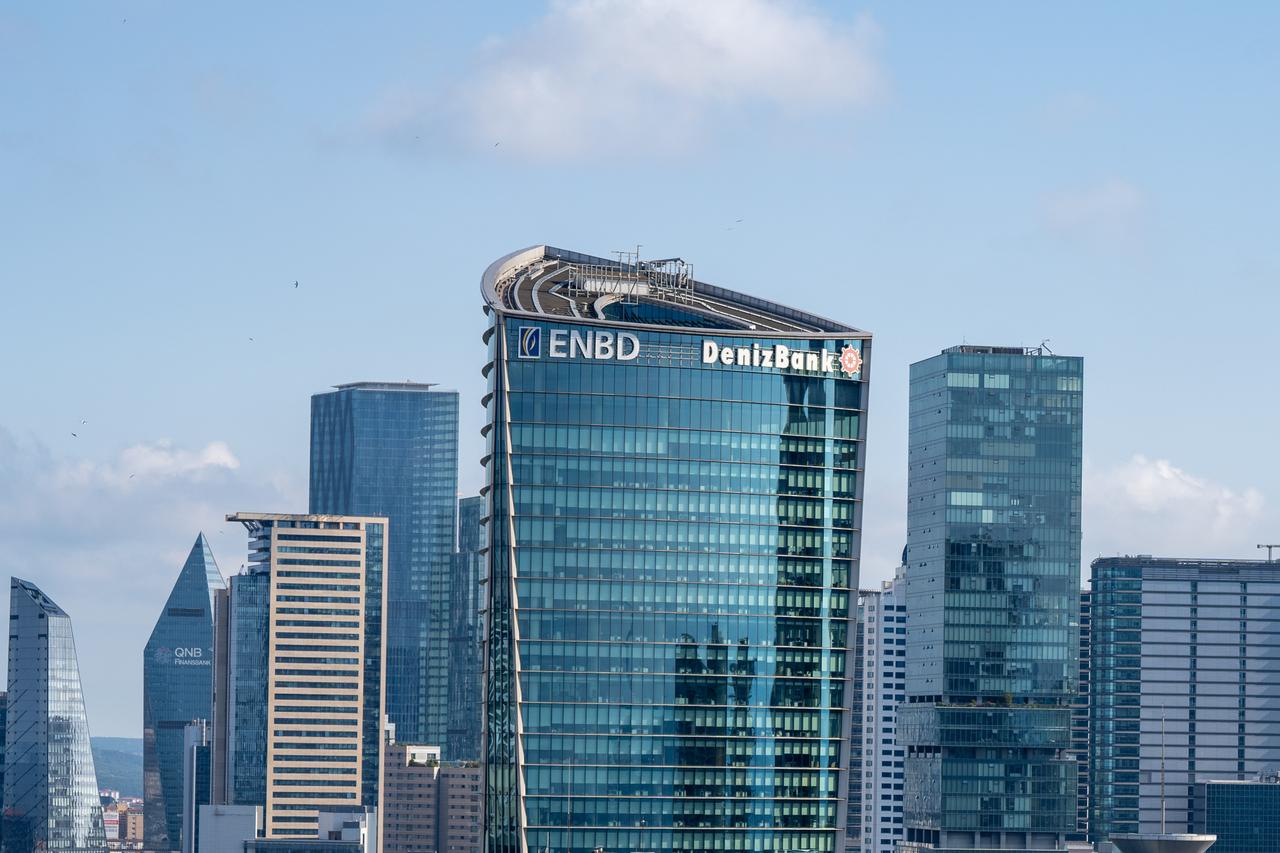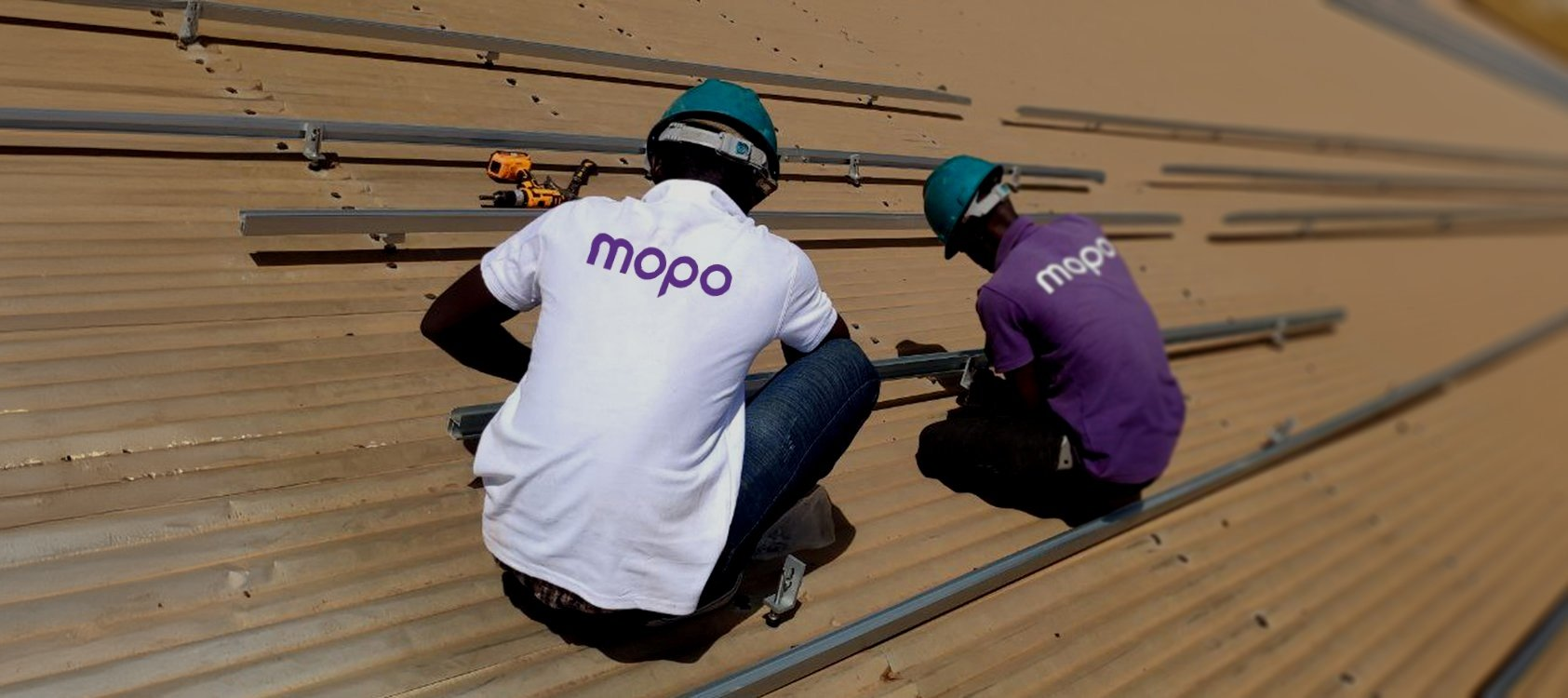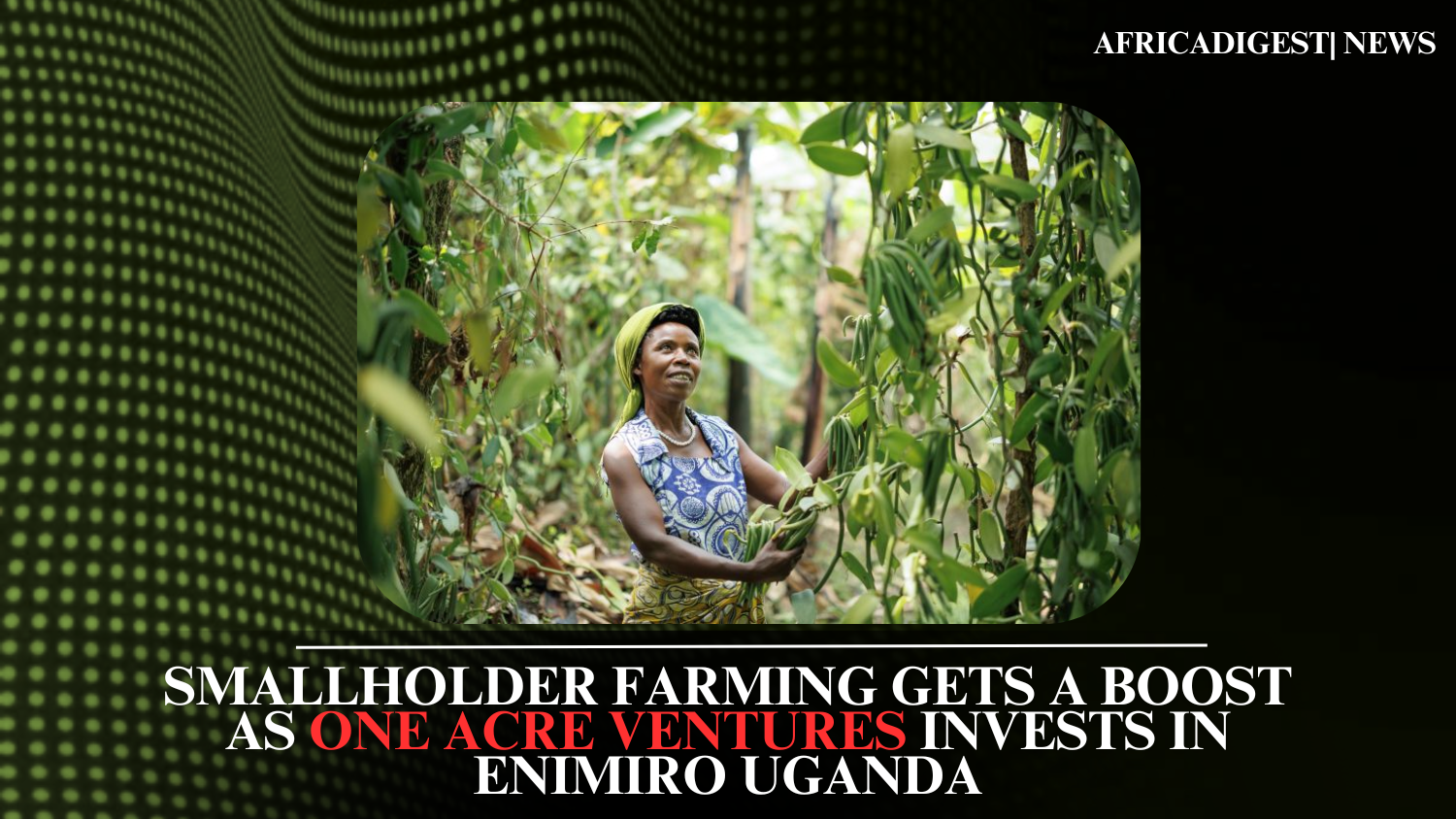IFC has anchored a $100 million stake in DenizBank’s $270 million green bond, marking a landmark moment for sustainable finance in emerging markets.
This five-year bond issuance highlights the growing momentum behind green investments in Türkiye, aligning seamlessly with the country’s ambitious 2053 net zero emissions target.
As global climate pressures mount, such initiatives are not just financial transactions; they’re catalysts for resilient economic growth and environmental stewardship.
Understanding Green Bonds
Green bonds have emerged as a cornerstone of eco-friendly funding, channelling capital exclusively toward projects that deliver actual environmental benefits.
Unlike traditional bonds, these instruments finance initiatives like renewable energy installations, energy-efficient infrastructure, waste reduction programmes, and low-carbon transportation.
DenizBank’s bond, priced competitively in the international markets, exemplifies this model by prioritising high-impact areas such as solar and wind power projects, green building certifications, and pollution prevention technologies.
Issued on September 19, 2025, the $270 million bond attracted strong demand from institutional investors, reflecting investor confidence in Türkiye’s green economy potential.
IFC’s substantial $100 million commitment serves as an anchor, de-risking the issuance and signalling robust multilateral support.
This isn’t IFC’s first collaboration with DenizBank; the two have collaborated for over two decades on projects enhancing financial inclusion and SME lending in Türkiye.
DenizBank’s Strategic Pivot Toward Sustainability
Headquartered in Istanbul and owned by Emirates NBD, DenizBank has long been a powerhouse in Turkish banking, serving millions of retail and corporate clients.
With assets exceeding $50 billion, it’s uniquely positioned to scale green lending. This bond marks a significant expansion of its sustainable portfolio, which already includes over $1 billion in green loans disbursed since 2020.
The proceeds will fuel a diverse range of eco-projects across Türkiye. Imagine retrofitting factories for energy efficiency, reducing carbon footprints by up to 30% per facility, or financing urban green spaces that combat climate-induced heatwaves.
In a nation vulnerable to droughts and seismic risks, these investments strengthen resilience, which is critical as Türkiye struggles with the dual challenges of rapid urbanisation and fossil fuel dependency.
READ ALSO:
Why SPPC’s 43GW Renewable Pipeline Is a Game-Changer for Vision 2030
By 2030, DenizBank aims to triple its green financing to $3 billion, per its updated sustainability strategy.
This issuance isn’t happening in isolation. The European Bank for Reconstruction and Development (EBRD) matched IFC’s investment with another $100 million, while Proparco (a subsidiary of France’s Agence Française de Développement) contributed to the coordination.
Together, these international financial institutions (IFIs) are creating a web of support, blending public and private capital to amplify impact.
Their involvement also adheres to stringent green bond principles from the International Capital Market Association (ICMA), ensuring transparency through annual impact reporting on metrics like CO₂ emissions avoided and renewable energy capacity added.
Broader Implications for Türkiye’s Green Transition
Türkiye’s economy, the 19th largest globally, faces a pivotal crossroads. With 2053 net-zero goals enshrined in law, the country must mobilise trillions in green investments to decarbonise its energy sector, currently 80% reliant on imports, and enhance biodiversity in the Anatolian heartlands.
DenizBank’s bond directly addresses these needs, potentially unlocking $500 million in downstream lending for SMEs in underserved regions like the Black Sea coast, where hydropower and afforestation projects abound.
A Greener Horizon for Emerging Markets
As COP30 approaches in 2025, deals like this set a blueprint for scaling green finance in developing economies.
IFC’s investment not only empowers DenizBank but also inspires other Turkish lenders to follow suit, potentially catalysing a $10 billion green bond market by 2030.
In essence, this $100 million infusion is more than dollars; it’s a vote of confidence in sustainable innovation. For businesses eyeing green opportunities in Türkiye, now’s the time to engage.
Whether you’re a renewable developer or an impact investor, DenizBank’s green bond exemplifies how targeted funding can drive productivity, resilience, and a cooler planet.
Ronnie Paul is a seasoned writer and analyst with a prolific portfolio of over 1,000 published articles, specialising in fintech, cryptocurrency, climate change, and digital finance at Africa Digest News.






